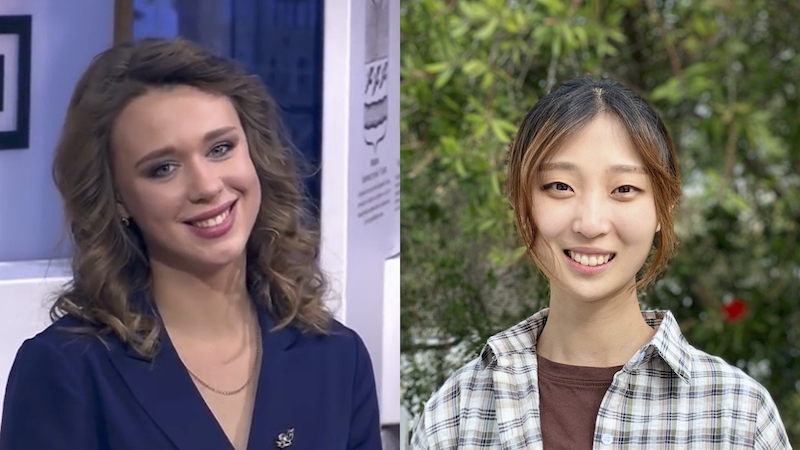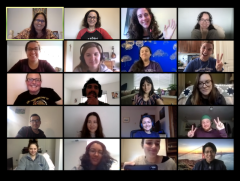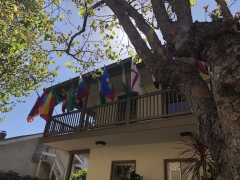Learning in Crisis: How to Teach an Intimate Storytelling Course Online with Dr. Pushpa Iyer
| by Pushpa Iyer
Middlebury Institute Professor Pushpa Iyer shares how, as a response to the Covid pandemic, she recreated an intense storytelling course with personal connections between faculty and students at its heart, to fit the new reality of remote learning.




